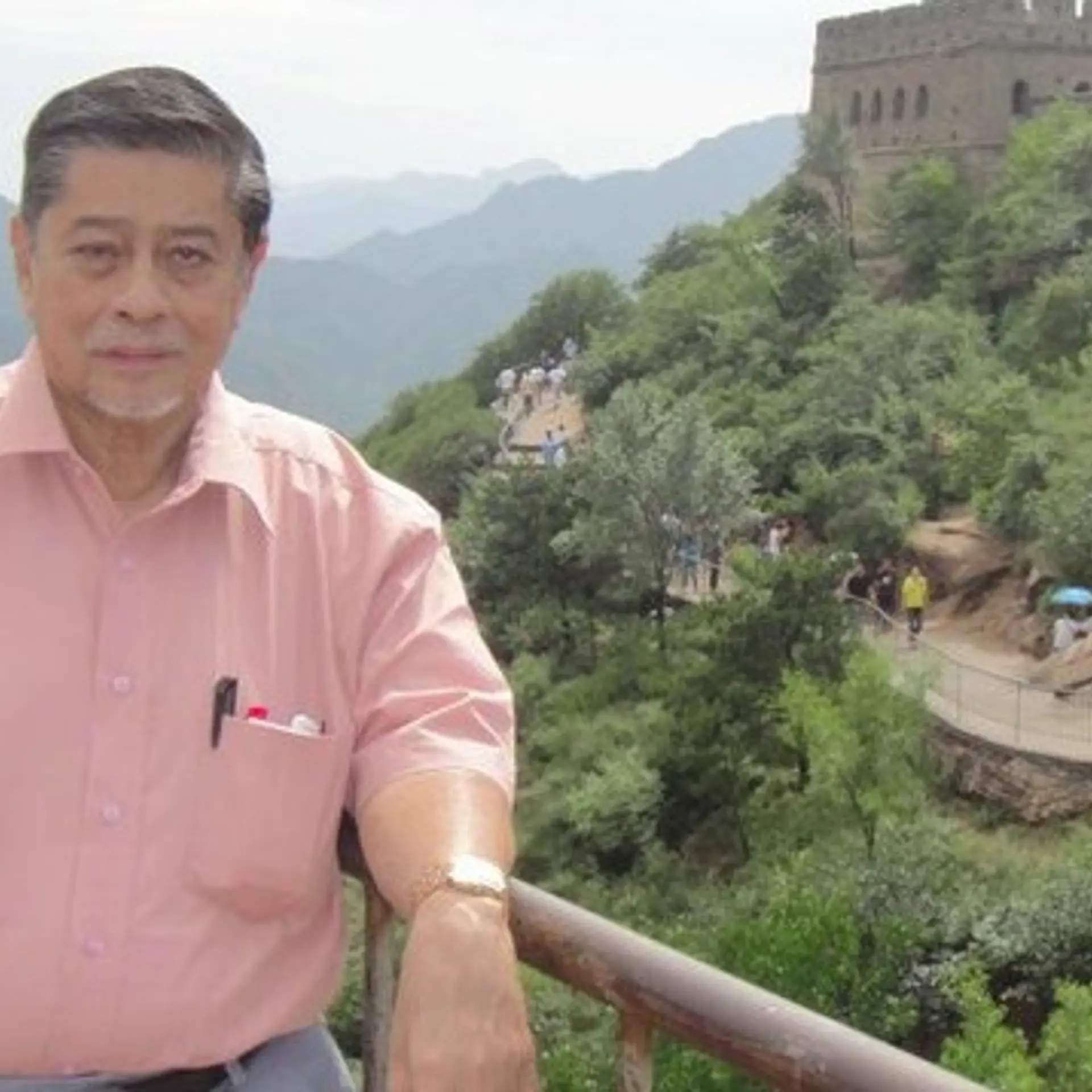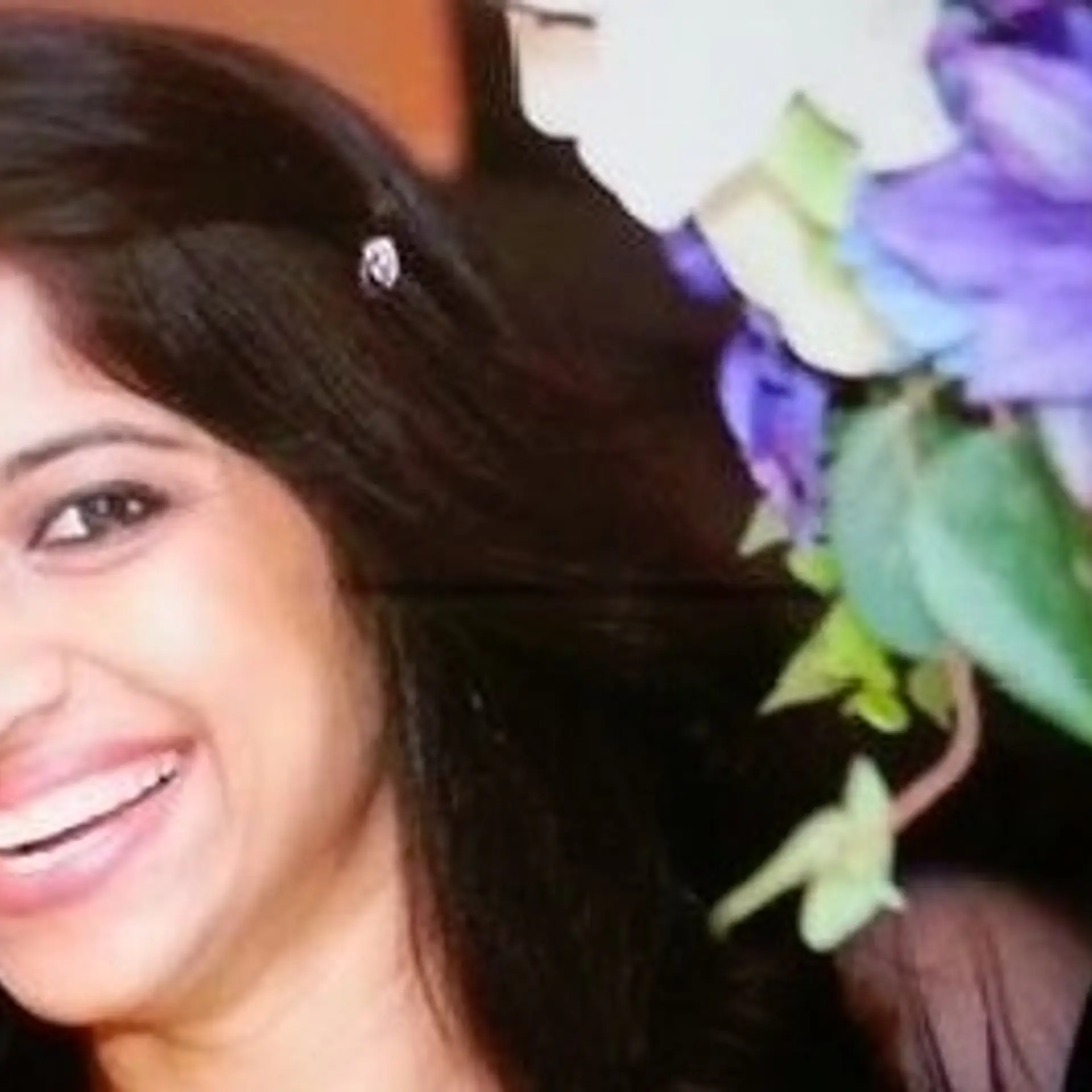

Curating the perfect TEDx talk
If you have come across TED and TEDx talks online, then you would have noticed that they have some incredible ideas shared by speakers who have a great caliber in delivering great presentations. I have been organising and curating TEDx talks for the past 3 years and I’m sharing some insights into how a perfect TEDx talk is curated.
Curating a TEDx talk might seem to be an easy task – it’s just a 3 step process – find the right ideas, select a speaker and curate the talk. However, the process involved in each of this task is enormous.
The Right Ideas
The first step as a curator for a TEDx event is to decide on the theme of the event. Most TEDx events will have a theme – e.g. the theme for TEDxGLIMChennai 2018 was “Be” – which could be anything from being someone to be something. It could represent the past, present or future. Once the theme of the event is in place, start searching for ideas based on the theme. It’s good to have a broad theme since you could easily fit in a lot of interesting ideas. Don’t look for speaker, search for ideas that matter, then the people who can share them.
One possibility is to get ideas is by opening up an application form on your event website. Post it on your blog, social media handle and talk to your community. If you are in a University/college, have an open mic audition to crowdsource some of the best ideas for your event. But, you would still stumble upon a few issues like:
• Someone has a great idea, but is a bad speaker and is not able to express himself. How do you develop his/her talk?
• How do you shortlist a good idea – ask a speaker to prepare a full TEDx talk or ask for a small write-up?
• What are the criteria for a good TEDx talk? How do you judge them?
From my experience, I would recommend that you have a multi-stage development process. Prepare deadline for each process. The best would be asking applicants to make a write-up of the idea. Then shortlist ideas that would fit the theme and the platform. Prepare a timeline for speakers to prepare and assign team members/mentors who would help them in curating the talk. Finally, have an audition round to judge the right talks for the event. This process should be completed at least 100 days before your event. Hence, I recommend that applications should close 6 months before your event.
You must also ensure that you have a diverse portfolio of ideas for the event. Ensure that the idea is unique and address your target audience. You must have the wow feeling “If this idea is spread across, it would wow the audience!”
Try to bring in topics that can connect to a need in the world. Read through newspapers, blogs, films, videos, reports, and journals to find ideas. Have a big vision and excite the people.
The Right Speakers
Your TEDx event is not a platform for motivational speakers and professional life coaches. Many organizers commit the mistake of starting with finding the right speakers. Speakers for TEDx event need not require a great profile. The ideas matter the most.
You may be tempted by some speaker applications or request. You should not invite speakers who would break TED’s content guidelines. Some speakers want to do a TEDx Talk to promote themselves and for the tag of a TEDx speaker. Don’t fall into this trap.

Speakers at TEDxGLIMChennai 2018 - From left: Mohana Arun, Kartikey Sharma, Gautami Tadimalla, Bharadwaj Balaji, Deepak Kanakaraju
You must also note that every speaker is also part of your marketing. Speaker portfolio plays a great role in your ticket sales, sponsorship and budgeting. It’s best to have speakers from your local community. If a speaker is far away from you, then it means a lot of investment! You also have the possibility of having a meetup with speaker and will easily be able to organize pre-events. Ensure that the speakers can also dedicate time for your event. You can have multiple practice session before the event and curate the talks.
When choosing a speaker, ensure that you have a diversity. TEDx talks are not just about people sharing life experiences and entrepreneurs talking about their life journey. It’s all about ideas worth spreading !! If you are organizing a TEDx event for the first time, I would recommend you to have not more than 5 live speakers.
The Right Talk
Once your speakers and ideas are set, it’s time to curate and develop the talk. TEDx talks should not exceed more than 18 minutes. It can be as short as 3-mins. The curation process has to begin at least 3 months prior to the event date. Ask your speaker to prepare a draft of the talk. Ensure that you have a content curation team that will look into the content of the speaker and make necessary changes. It’s best to have meetings every fortnight with the speakers to work on the content.
The speaker should not only work with the curation team, but also the production and marketing team. The marketing team should ensure that they organize pre-events with the speaker so as to engage the community. The production team will work closely with the speakers to understand their requirements in terms of presentation content and other technical requirements. There could be a lot of technical requirements for slides like video to be played, presentation format (Powerpoint vs Keynote), Screen resolution etc. Accommodation and travel have to be arranged for speakers. Note that TEDx organizer doesn’t pay for speakers.
Prior to the event, have a full stage rehearsal of the entire event rundown with the sound system. Ensure that you have a dress rehearsal along with the stage and lighting setup. Microphones should be working properly along with the speaker aides (comfort monitor, slide changer, timer).
It is going to be a hard process, but on the event day, seeing your speakers and the audience light up the room with a passion for great ideas is a delight.







